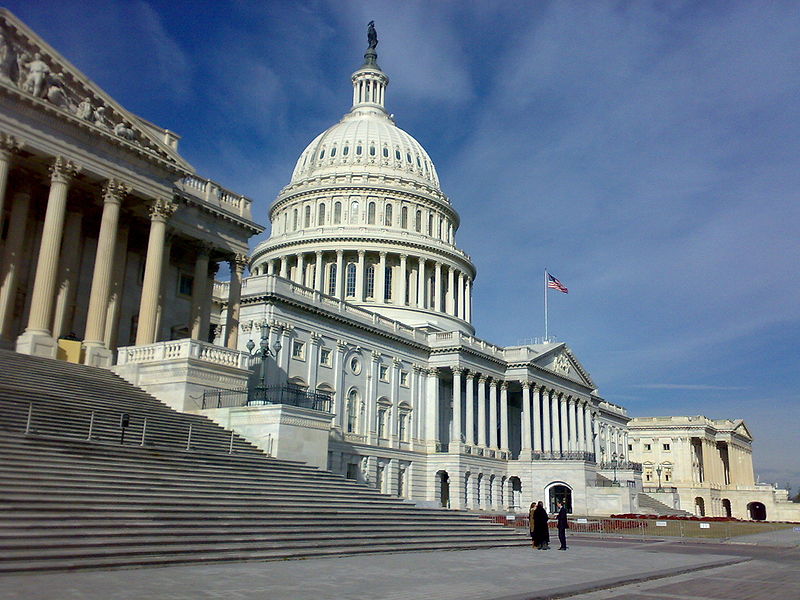What The Midterm Elections Will Mean For Health Care
The 2022 midterm elections are about who will control Congress for the next two years, and who controls Congress will have a significant impact on health care policy.
Here are the key takeaways from a Manatt Health webinar on what the midterm elections mean for the healthcare sector.
The three main topics of the webinar are:
- Elections are important. The congressional elections will set the stage for a flurry of health care reform over the next two years, as many initiatives sit on the sidelines while Democrats negotiate legislation to curb or loosen inflation in a crowded Senate.
- Consolidation of sustainable state policy. State elections are likely to result in more three-state systems (where one party controls state governors and legislatures) and more partisan health care policies and laws.
- Courts and leaders will have their say. The Biden administration and the courts will continue to rubber-stamp health care policy. Important public health action will result from federal action, although that action will be limited by the willingness of federal courts to overturn agency action. This would give the courts more leverage than usual to overrule a federal agency's established and prior powers.
Health care reform is a big deal for voters, said Tara Straw, senior adviser at Manat Health, but Democrats and Republicans are divided on health care reform priorities. Abortion Rights and Reproductive Health Issues After Dobbs v. Jackson's Women's Health Organization is the top health care organization for Democrats, followed by Medicare and Medicaid expansion. Republicans' top concerns in health care are more choice and competition, and more investment in science and medicine.
"Both parties are talking about reducing health insurance premiums, but they have different ideas about how to do it," he said.
Because the two parties in Congress are so far apart on health care priorities, Straw says any legislative success will be limited by narrow partisan issues. These topics include behavioral health initiatives, expanding access to telemedicine, and reducing out-of-pocket insulin costs in commercial settings.
National elections are important
Most health care reform issues start at the state level and then move to the federal level, said Joel Ariyo, chief executive of Manatt Health. The midterm elections will also affect which party dominates the state, as 36 states will hold gubernatorial elections in November.
He said partisan control by state government has affected some health care reforms more than others.
In the 13 states with bipartisan legislatures and governors, governors run for office in those eight states. Of the states under joint control, three states have not expanded Medicaid, six have state-level health insurance marketplaces, and two have banned abortion.
Fourteen states have Democratic governors and Democratic-controlled legislatures. Of those states, 11 states held gubernatorial elections in November, 14 states expanded Medicaid, 11 have public marketplaces, and all 14 states allow abortion.
Currently, 23 states have Republican governors and Republican-controlled legislatures. Fifteen of those states will elect governors in November. Nine GOP-controlled states have not expanded Medicaid, two have public marketplaces, and nine states have banned abortion.
Ario said health issues with bipartisan support at the state level include expanding access to primary care, behavioral health and postpartum anxiety; Prescription drug availability, cost control initiatives.
How did the court find out?
Straw said the Senate relies on the president's ability to change the composition of the federal courts when the Senate confirms the president's judicial nominees. The next health care case before the Supreme Court is Marion County Health and Hospitals Corporation, Indiana. c. Talewski, which will determine whether Medicaid recipients can sue state officials for violating their federal rights. The hearing of the case is scheduled for November 8.
Other issues before the court include the CDS COVID-19 vaccine mandate, federal restrictions on long-term care arbitration agreements, generic drug labeling and infringement claims, and drug patent specifications.
Health care cases pending in U.S. district courts and appeals include employers challenging insurers' requirements to cover preventive benefits without cost-sharing, and prosecutors' efforts to overturn Trump administration rules relaxing health plan requirements for charities.
Further federal action
Adam Finkelstein, Mannat's health advisor, said implementing the Inflation Reduction Act was a key goal at the federal level. Finkelstein said the Biden administration will promote the law's benefits for seniors as it implements the new law. Meanwhile, Republicans in Congress may look for loopholes in the law or its implementation to challenge or hold hearings on the legislation.
Susan Robb is the editor of InsuranceNewsNet. He previously served as director of communications for the Insurance Agents Association and is an award-winning journalist and editor. Contact them at [email protected] . Follow him on Twitter @INNSusan.
All content copyright 2022 InsuranceNewsNet.com Inc. All rights reserved. No part of this article may be reproduced without written permission from InsuranceNewsNet.com.






Tidak ada komentar untuk "What The Midterm Elections Will Mean For Health Care"
Posting Komentar